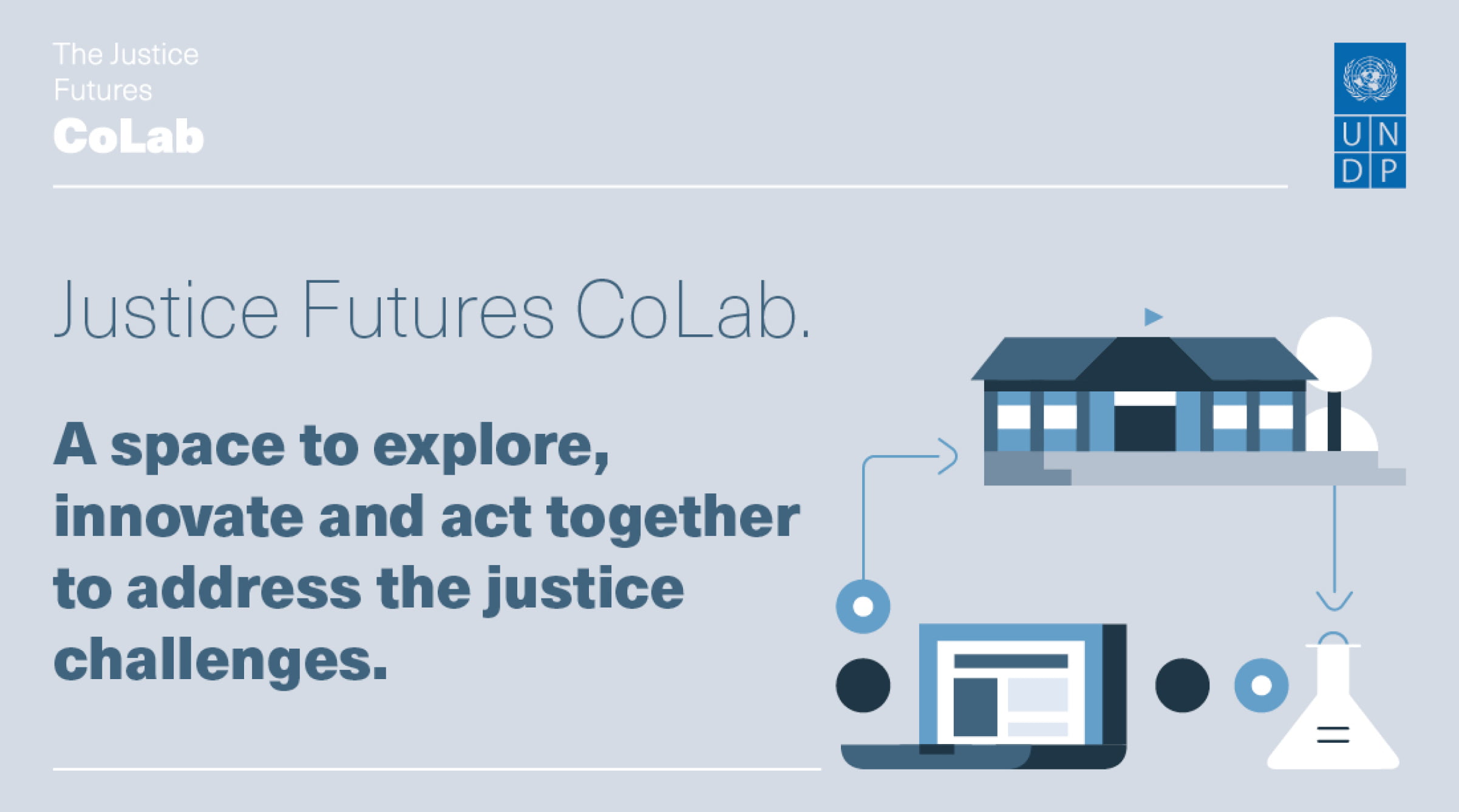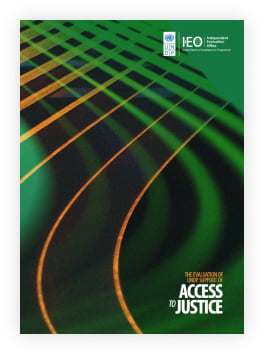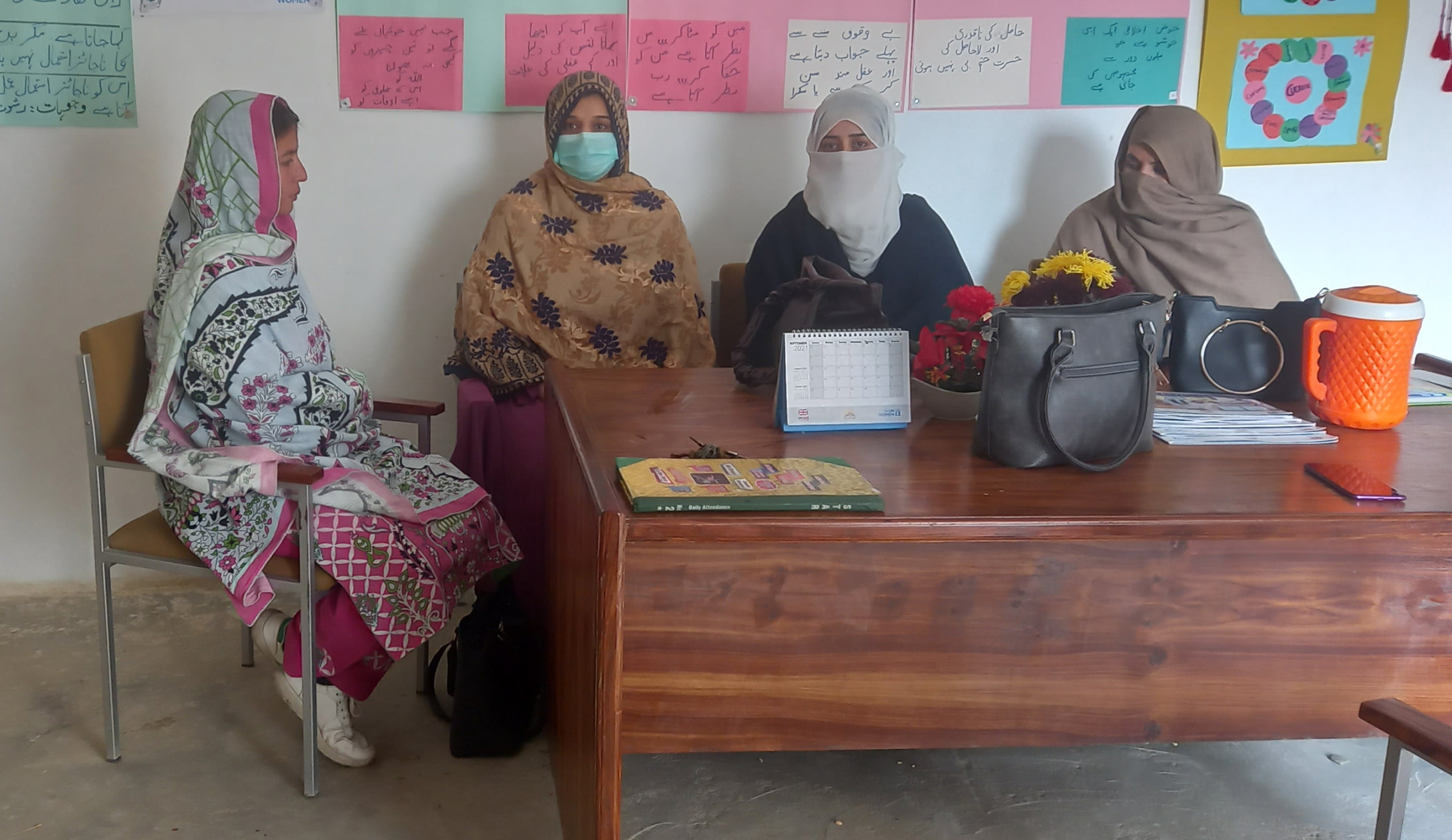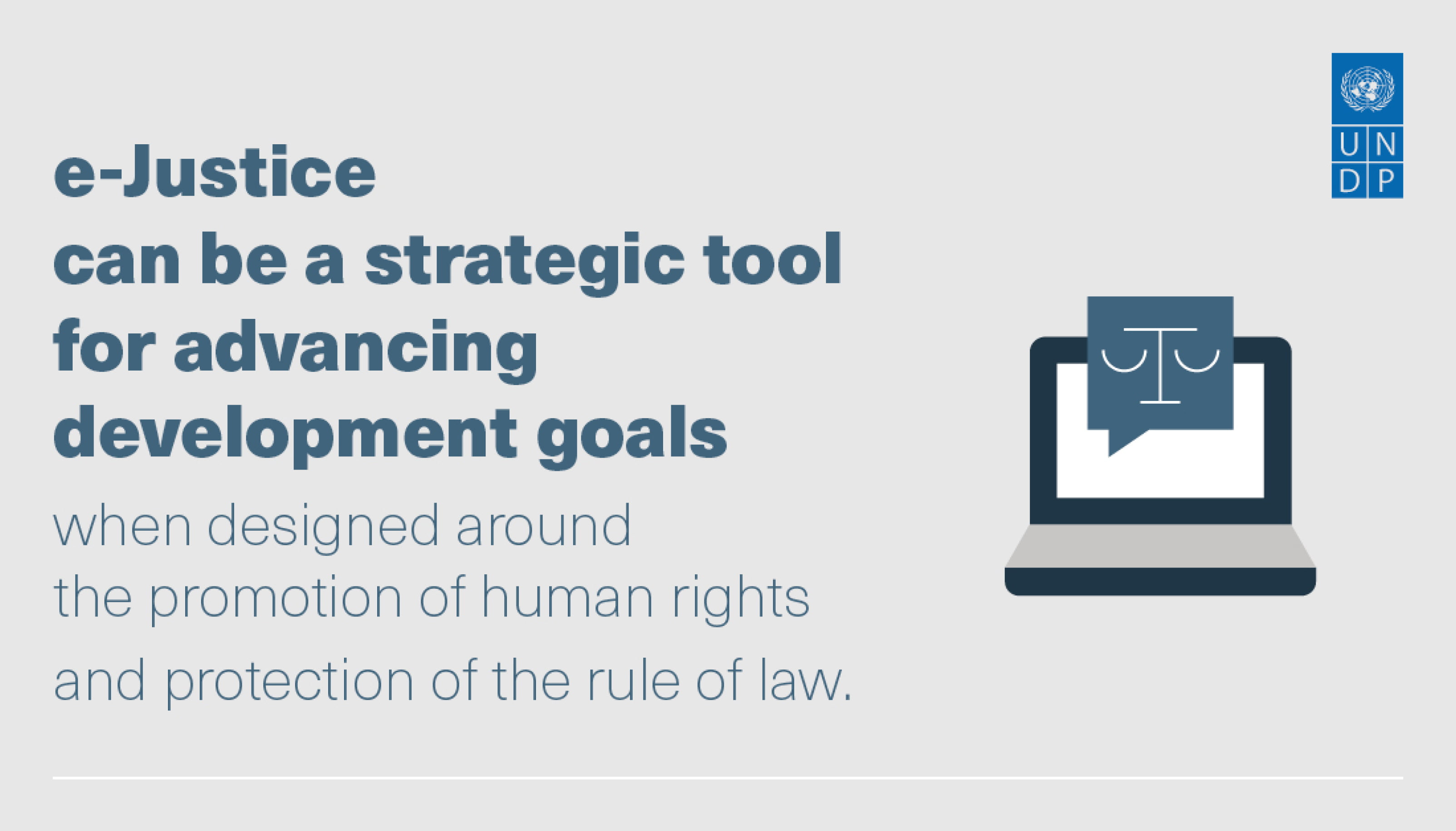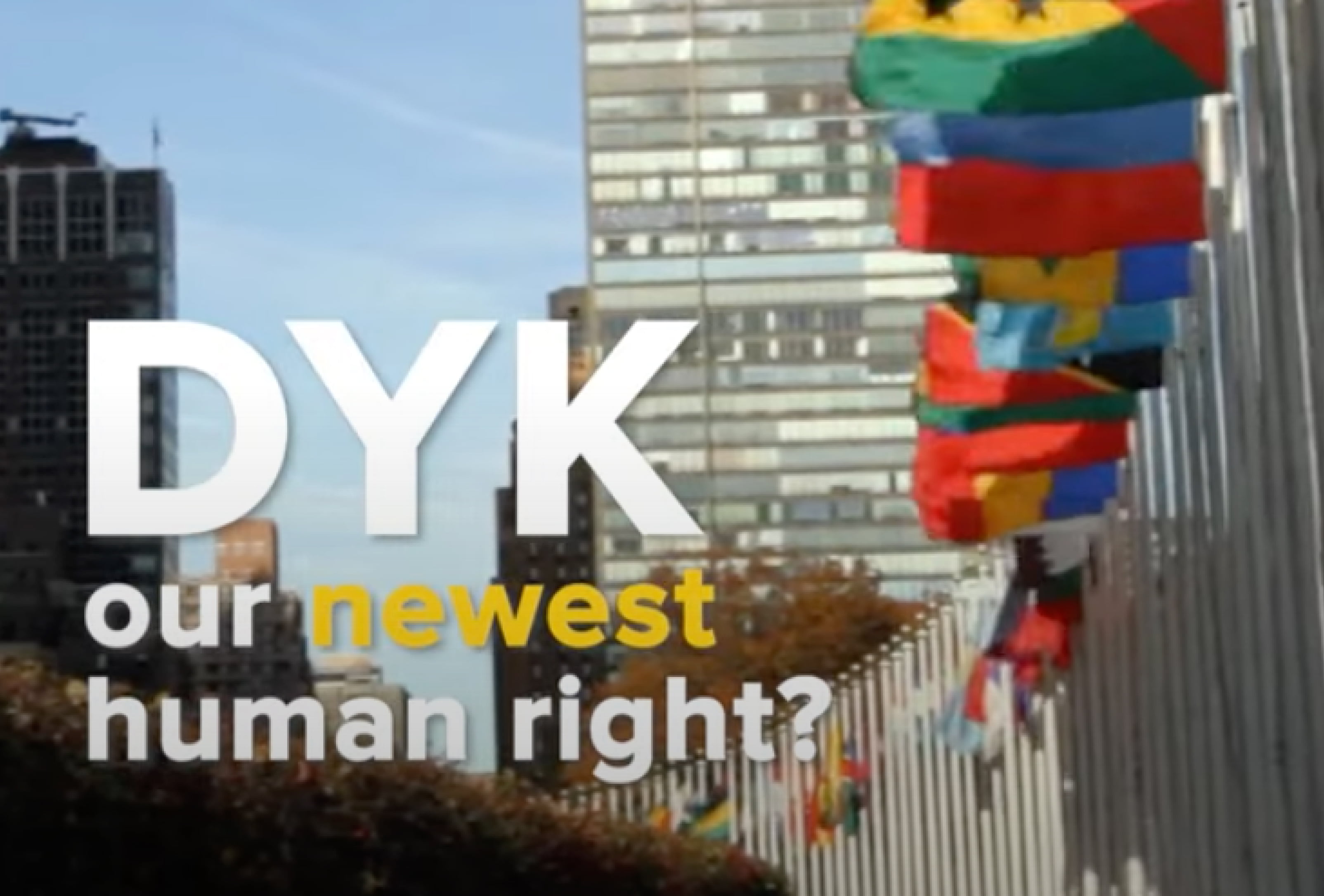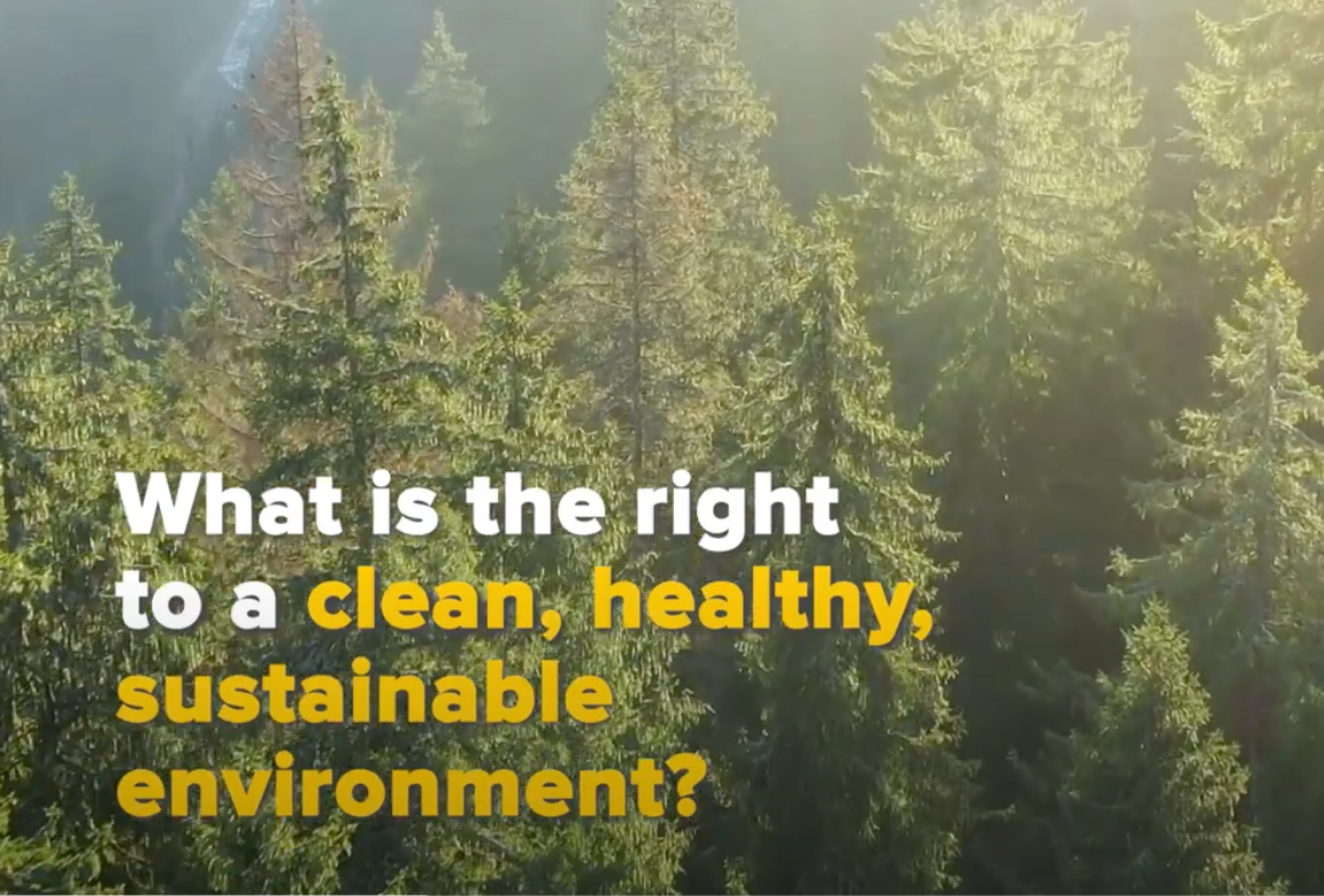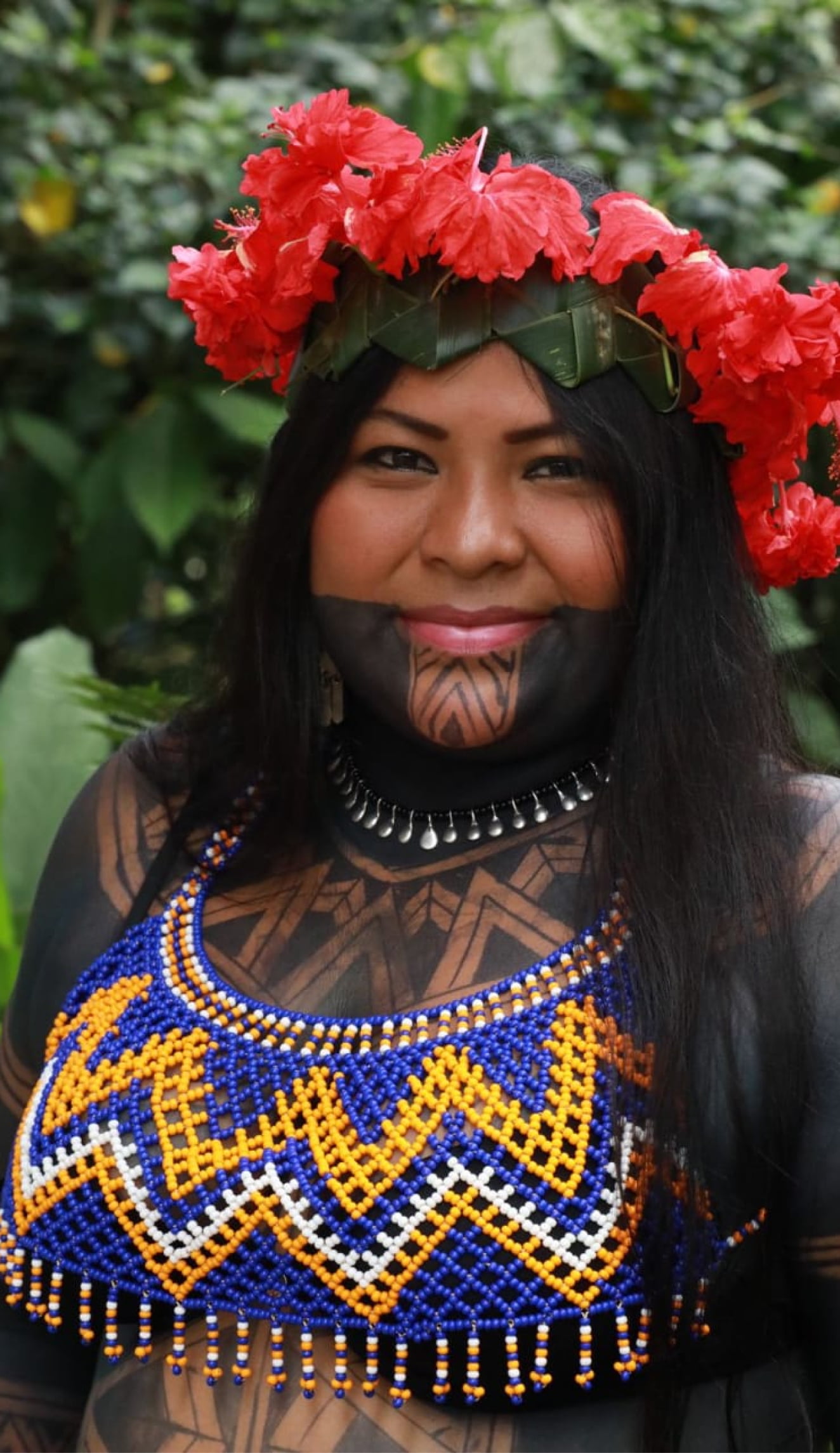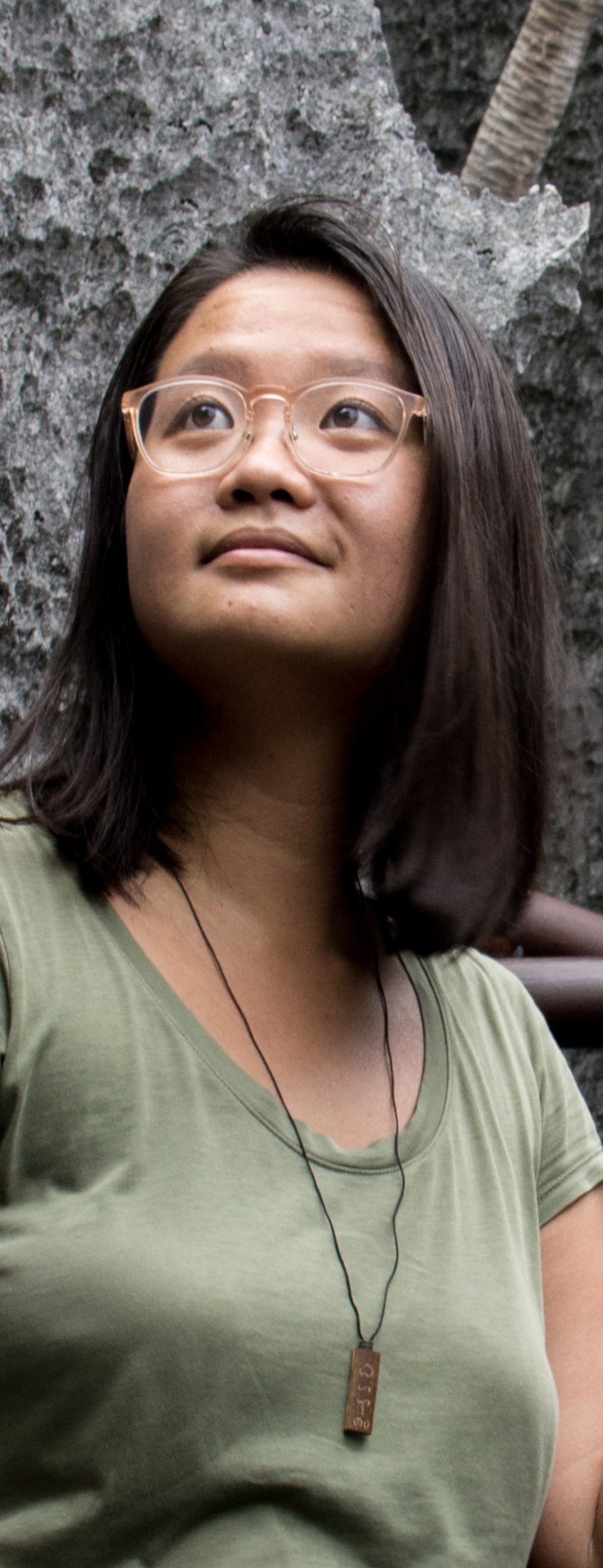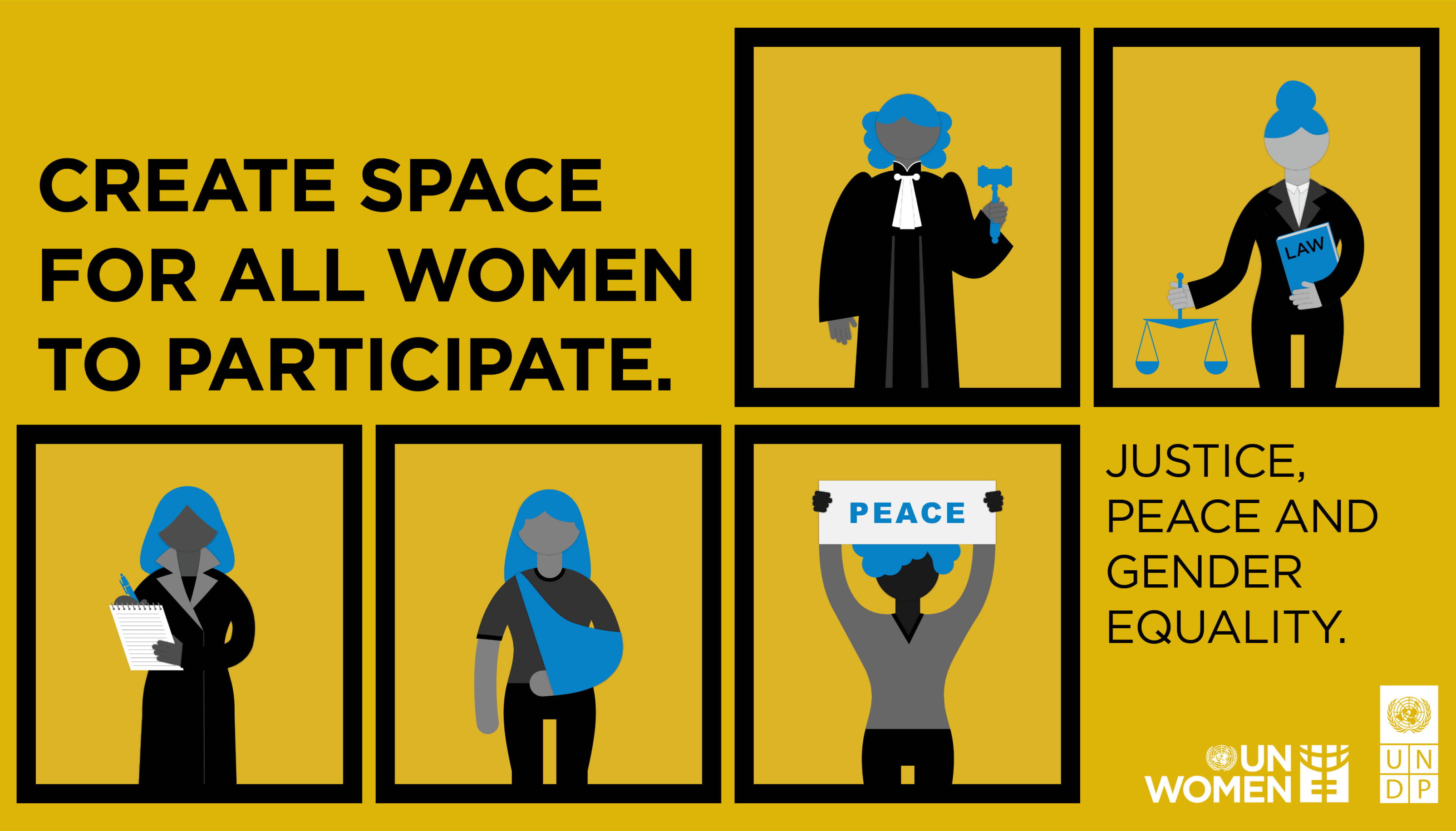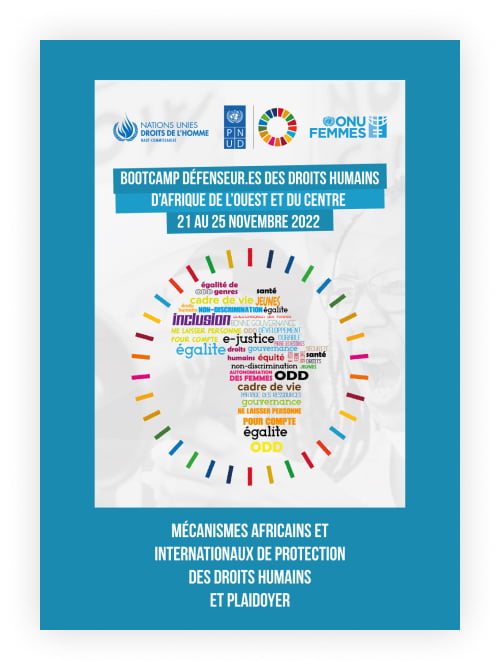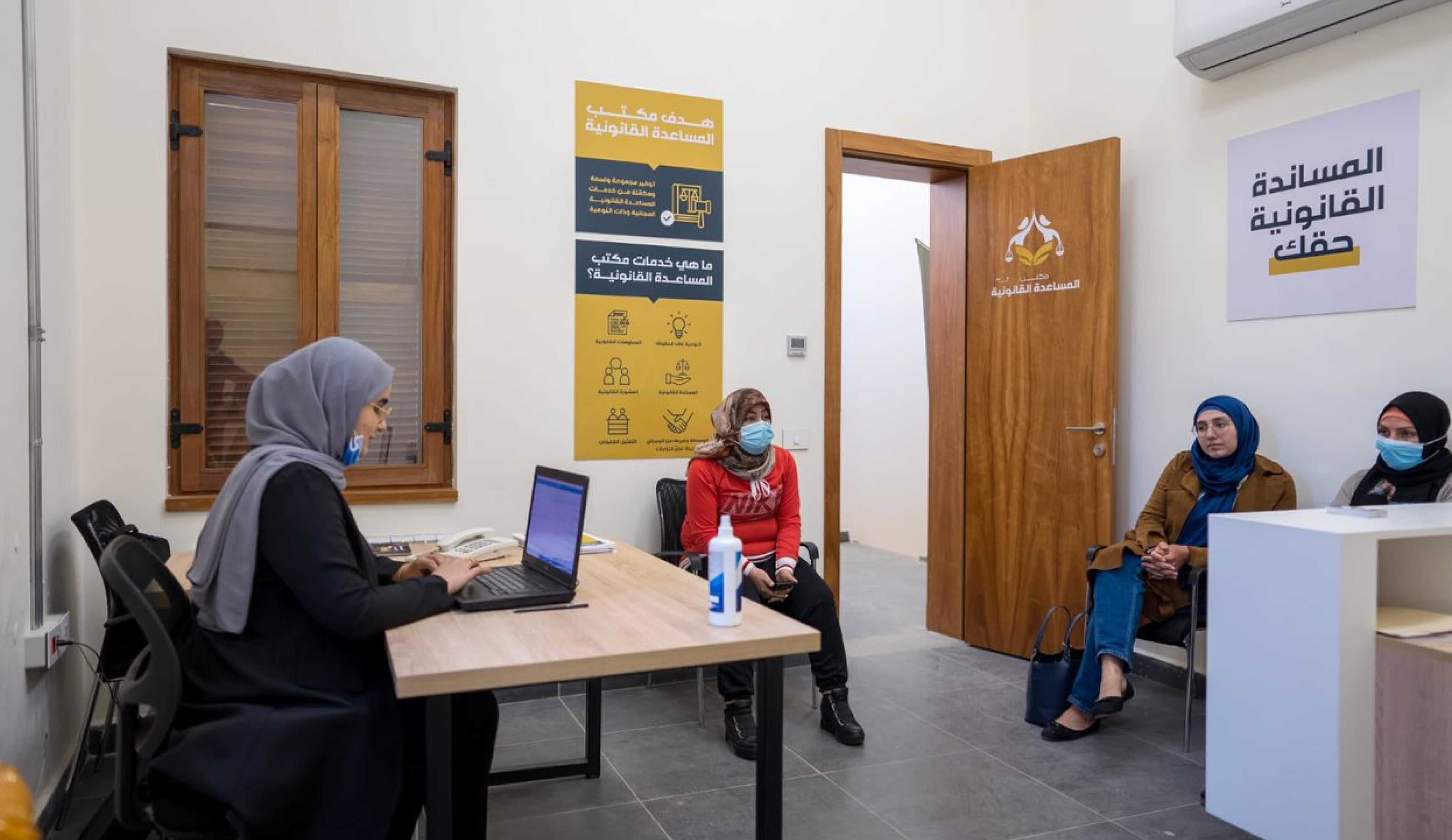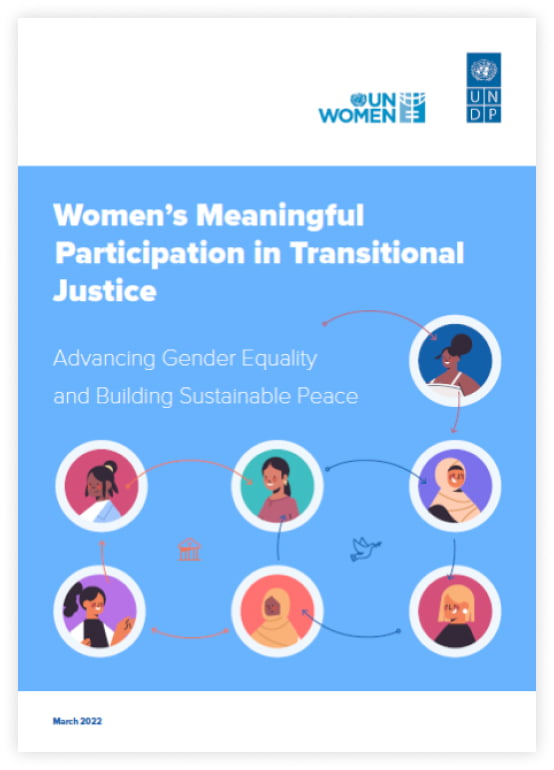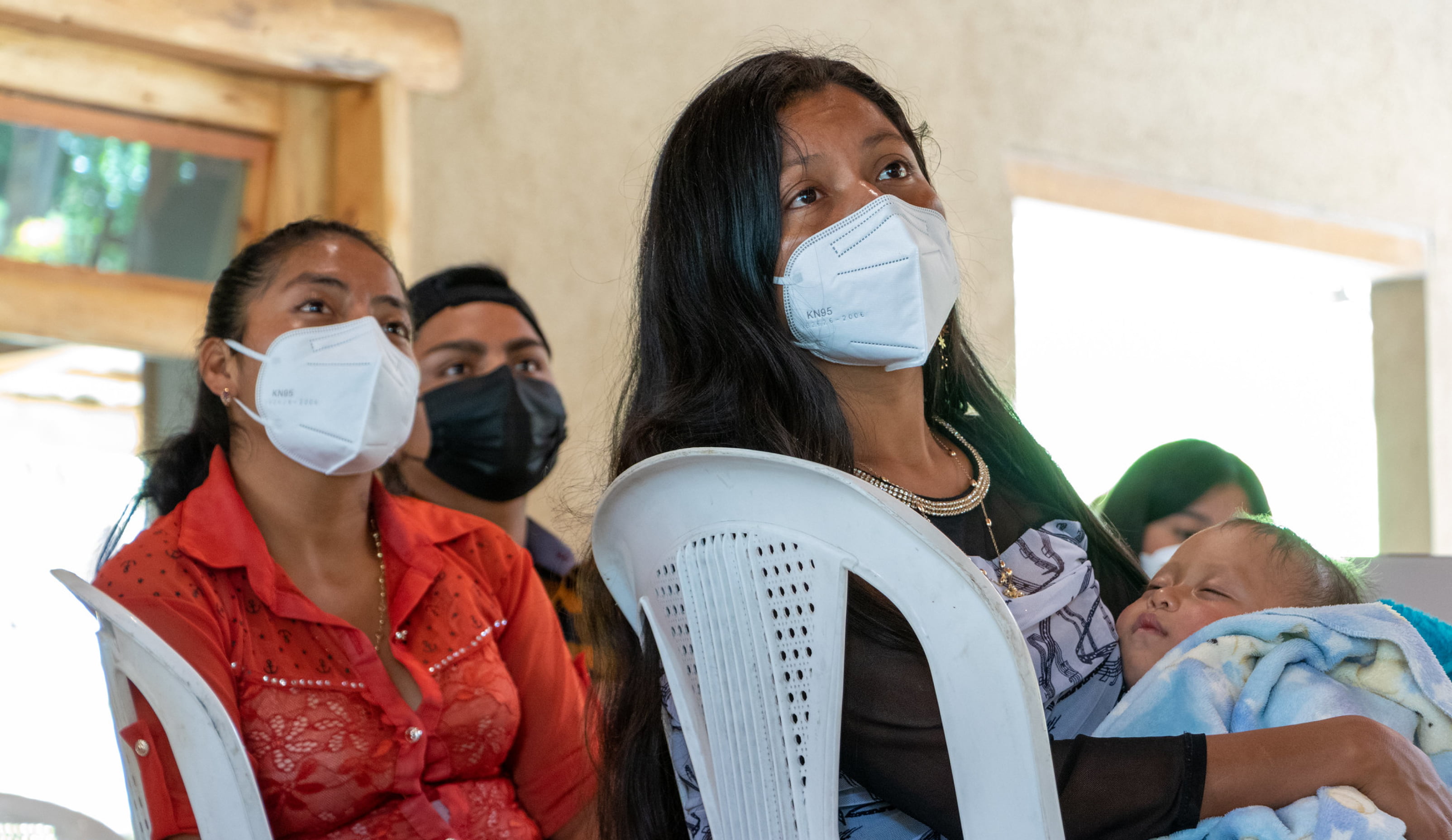”UNDP is our strategic ally on the way to achieve Sustainable Development Goals. We share the vision that indigenous people, and especially women and youth, should contribute to climate action and be a part of decision-making process - with their knowledge and identity, respect to their tradition and cosmogonic ancestral vision”
Ms. Sara Omi, President of the Coordinator of Territorial Women Leaders of Mesoamerica and Embera Lead Advisor to the Embera Women Craftswomen's Association (Panama).




